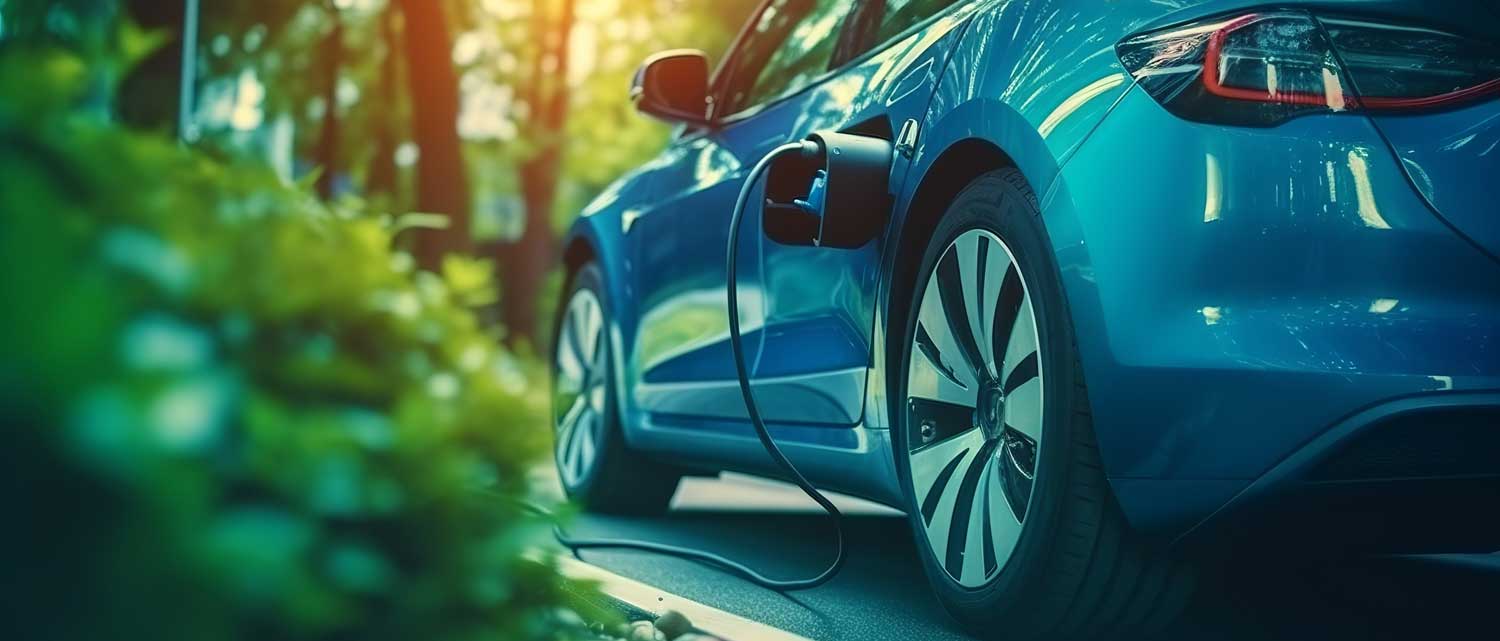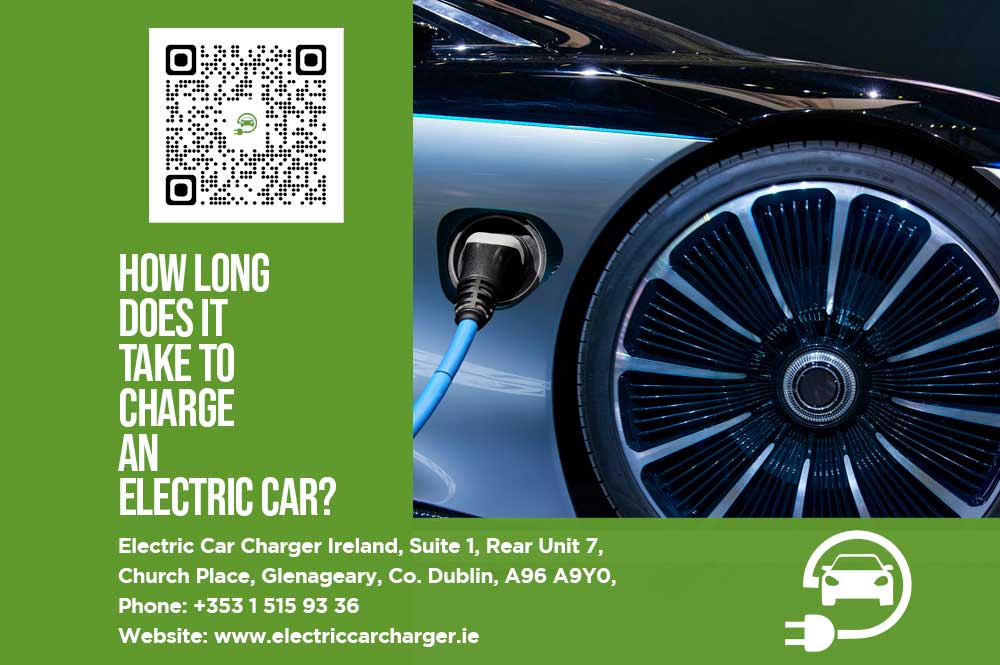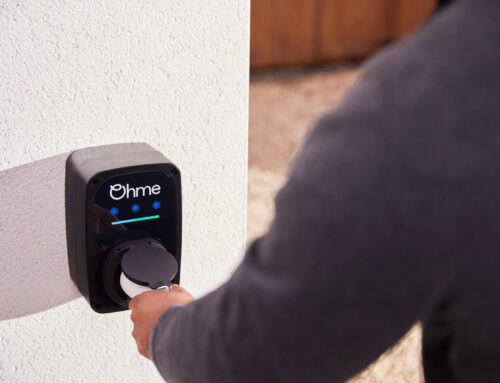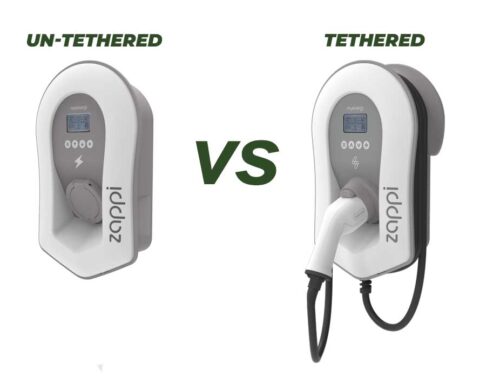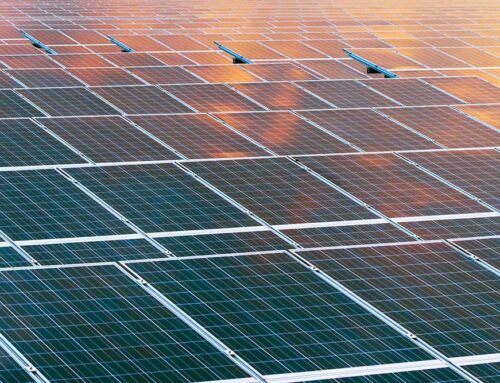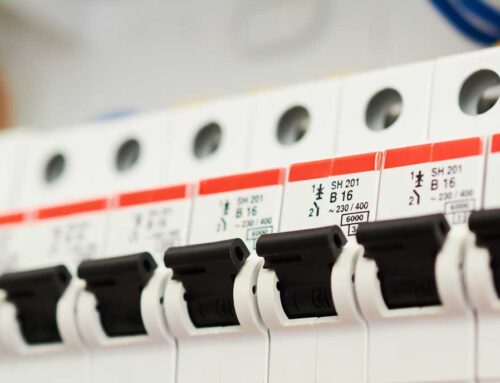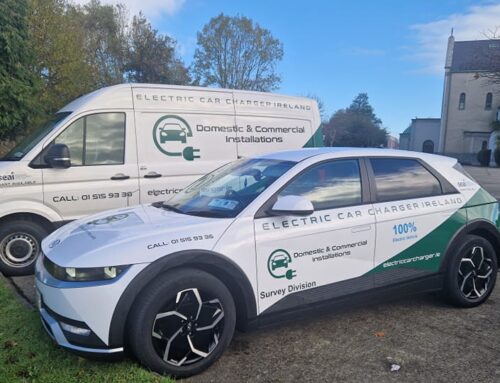Table of Contents
- Factors That Affect Charging Times
- Charging Options and Their Associated Times
- Real-World Charging Times Examples
Factors That Affect Charging Times
The Size and Capacity of the Battery
How Long Does It Take to Charge an Electric Car? – The size of an electric car battery is one of the key determinants in its charging time, typically measured in kilowatt-hours (kWh). As batteries store more energy when larger in capacity compared to smaller capacities; charging takes longer. It’s like filling an Olympic pool; filling up smaller paddling pools will take less time compared to an Olympic-sized pool; similarly for electric car batteries: larger capacity batteries take longer to charge than smaller capacity ones when charging time equalization occurs between smaller capacity batteries that charge faster or just take longer before reaching full capacity (More info on: EO Chargers)!
To gain a better sense of how battery sizes differ across models, let’s take a look at some popular examples: Nissan Leaf is one of the best-selling EVs worldwide with its standard version coming equipped with a 40 kWh battery; Tesla Model 3’s Standard Range Plus model offers 50 kWh, while Long Range model offers 75 kWh; Renault Zoe has 52 kWh in its latest iteration as an example; as you can see these differences can significantly impact charging times between models which affect their respective charging times as a whole.
Charging Speed and Output
Charger speed and output can have an enormous effect on charging times, with each factor measuring in Kilowatts (kW). Charging speed measures how quickly energy transfers to a car’s battery; higher ratings translate into faster charging speeds. Power output measures the maximum amount of energy a charger can deliver at any one time and also measures in Kilowatts.
Charging speed and power output have an enormous effect on how long it takes for you to charge your EV vehicle. To illustrate this point, let’s compare two commonly used charging options – a 3-pin domestic socket (2.3 kW) with a dedicated home Wallbox (7 kW). With the former, fully charging a 40-kWh Nissan Leaf would take about 17 hours while with the latter that time has dropped significantly to only 6 hours! As such, it’s essential when selecting an electric car charger to choose which will best meet its charging speeds and power output capabilities when selecting its suitable charger (More info on: Electric Car Chargers for Hotels)!
Starting Charge Level
Your electric car’s starting charge level plays an integral part in its charging time. A completely discharged battery takes longer to charge because its charging process slows as its full capacity nears; by starting charging with partially depleted batteries instead, initial speeds may be faster, leading to shorter total charging time overall. Let’s use an everyday example to put this into perspective: Imagine owning a Nissan Leaf equipped with a 40 kWh battery and using a 7kW home wallbox charger; starting charging completely empty would take 6 hours while beginning half full would only require around three. This difference arises because 50% charge arrives more rapidly due to slowdown effect; therefore bringing full capacity quicker.
Environment Conditions
Temperature can have an enormous influence on electric car charging times (More info on: Electric Car Charging Points For Business). Extreme temperatures both hot and cold can impair charging efficiency and extend its duration; cold weather causes chemical reactions within your battery to take longer to charge up, increasing charging time; in hotter environments however, battery management systems may limit charging speed to protect from overheating damage and overcharging of batteries.
To minimise the effects of temperature on charging, there are a few steps you can take. In cold weather, try parking your car in a garage or covered area to keep its battery warm; some EVs even feature built-in battery heaters to precondition its charge prior to charging; which speeds up the process. (More info on: Charging An Electric Car In Cold Weather) When charging during extreme heat waves is best avoided. Many modern electric cars also include thermal management systems which regulate battery temperature during charging to help lessen any adverse side effects caused by extreme heat waves (More info on: Should I Buy An Electrical Car).
Charging Options and Their Associated Times
(Some information in this post may change after publication, therefore all content provided is for general guidance only, please do your own further research after reading this article)
Level 1 (120V) charging.
Level 1 or “trickle charging,” is Ireland’s slowest option for charging electric cars (More info on: EV Charging Guide For Beginners). It involves plugging your EV into a 120V household outlet using its charging cable provided with it – although this makes charging easy since virtually anywhere has a socket, but is less efficient in terms of charging speed.
Due to the low voltage and amperage provided by Level 1 charging, full charging of an electric car may take an extended period of time – for instance, a Nissan Leaf equipped with a 40kWh battery could take 20-24 hours with Level 1 charging to recharge from empty to full capacity – making this method suitable for overnight charging or topping off over an extended period.
One major advantage of Level 1 charging is its convenience: you can charge your car almost anywhere with just a standard power socket. Plus, its affordability is unsurpassed since no extra equipment or installation costs are required to use this method of recharging your car. But its slow charging speed makes it less appropriate for frequent travellers or long-distance journeys.
Level 2 (240V) charging
Level 2 charging is the preferred charging solution for electric cars in Ireland (More info on: Zappi Charger Installers Dublin). Using a 240V outlet similar to those found on large appliances like washing machines and dryers, Level 2 chargers deliver more power than Level 1 chargers, leading to faster charging times. At Electric Car Charger Ireland, we specialize in installing Level 2 solutions for both residential and commercial customers.
Level 2 charging typically charges electric cars significantly faster than its Level 1 counterpart; an example is charging up a 40 kWh Nissan Leaf battery using a 7kW Level 2 charger from empty to full takes approximately 7 to 8 hours using this method, making Level 2 ideal for overnight charging at home or during workday hours at the office.
One major benefit of Level 2 charging over Level 1 charging is its faster charging speed. Furthermore, its greater efficiency can make installation at home or the workplace much simpler for many EV owners in Ireland. Unfortunately, Level 2 chargers require professional installation which may incur costs as part of the upfront installation process; Electric Car Charger Ireland provides competitive pricing as well as expert installation services to make this experience as painless as possible for our clients.
Electric Car Charger Ireland provides customised Level 2 charging solutions tailored to suit the unique needs of each client in terms of location (More info on: EV Charging Cables Ireland). In Ireland, Level 2 chargers can be found everywhere from residential homes and workplaces to public charging stations and public stations. Many EV owners opt to install Level 2 chargers in their homes overnight charging (More info on: EV home charger installation), while businesses and local authorities are increasingly installing them to accommodate employees and customers alike. We work closely with a range of clients in providing solutions specifically tailored to their specific needs!
Level 3 (DC Fast Charging)
Level 3 charging, also known as DC fast or rapid charging, is currently the fastest charging option available for electric vehicles in Ireland (More info on: The Future of Electric Vehicle Charging in Ireland). It uses direct current (DC) with high power output (typically 50kW or more) to quickly recharge an EV’s battery pack quickly. Level 3 chargers can typically be found at dedicated charging stations along major roads and highways as well as in some urban areas (More info on: EV Charging Station Contractors).
Level 3 charging allows your car to reach 80% capacity in 20-40 minutes depending on its battery size and the power output of its charger, such as with a Nissan Leaf with a 40kWh battery being charged with a 50 kW charger; perfect for long-distance travel or when needed quickly. This type of fast charging makes Level 3 an excellent solution when charging quickly between destinations.
One major advantage of Level 3 charging is its rapidity, making it ideal for long-distance trips or times when time is short. Unfortunately, Level 3 chargers tend to be more costly than their Level 1 and 2 counterparts and not all electric cars can use Level 3 chargers; moreover, frequent usage could impact battery health over time, so use it only when necessary and in moderation.
In Ireland, Level 3 charging stations can typically be found along major roads and highways as well as urban areas. They may be operated by ESB ecars or another charging network provider. While Electric Car Charger Ireland primarily specializes in Level 2 solutions, we’re always happy to advise our customers of the presence and locations of Level 3 stations across Ireland.
Real-World Charging Times Examples
Tesla Model 3 (Standard Range Plus)
The Tesla Model 3 Standard Range Plus boasts a 50 kWh battery that can be charged with both Level 2 (7kW) and Level 3 (120 kW) chargers. When charging with Level 2, full charge can typically take around 7-8 hours while using Level 3, 10%-80% charge time can typically occur in 25-30 minutes.
Nissan Leaf (40 kWh).
The Nissan Leaf with its 40 kWh battery is a popular EV choice in Ireland, often charging from empty to full in just under seven hours when using a Level 2 charger (7kW), or from 20% – 80% charge in approximately 30-40 minutes with Level 3 (50kW).
Chevrolet Bolt EV
The Chevrolet Bolt EV features a 60 kWh battery that can be charged using both Level 2 (7kW) and Level 3 (50 kW). A Level 2 charger takes 9-10 hours to fully charge an empty Bolt EV; with the latter, charging times drop significantly from 20-80% in 60-70 minutes.
The world of electric car charging is a fascinating and rapidly evolving landscape, with a wide range of options and factors to consider (More info on: Cost to Charge Electric Car Calculator Tool). From the convenience of Level 1 charging to the lightning-fast speeds of Level 3 charging, there’s a solution to suit every EV owner’s needs and preferences. By understanding the different charging options available and the factors that influence charging times, such as battery size and starting charge level, you can make informed decisions about how to keep your electric car powered up and ready to go (More info on: Advantages of Electric Cars).
At Electric Car Charger Ireland, we’re committed to helping our customers navigate the world of electric car charging with ease and confidence (More info on: Electric Car Chargers For Office Charging). Whether you’re looking to install a Level 2 home charger for convenient overnight charging, or you need advice on planning long trips around Level 3 charging stations, our expert team is here to help. We’re also excited about the future of electric car charging, with advancements like wireless charging and vehicle-to-grid technology promising to revolutionize the way we power our EVs.
As more and more people in Ireland make the switch to electric cars, it’s clear that the future of transportation is electric. By optimising your charging habits, taking advantage of cost-saving opportunities like time-of-use electricity plans, and staying up-to-date with the latest charging technologies and best practices, you can enjoy all the benefits of electric driving while minimising any potential drawbacks.
So, whether you’re a seasoned EV owner or you’re just starting to explore the world of electric cars, remember that Electric Car Charger Ireland is here to support you every step of the way. With our passion for electric mobility, commitment to customer service, and expertise in all things EV charging, we’re proud to be a trusted partner for electric car owners across Ireland. Together, we can help drive the transition to a cleaner, greener, and more sustainable future – one charge at a time.
Related search terms: electric car charging time Ireland, EV charging duration Ireland, how long to charge an electric car Ireland, charging time for electric vehicles Ireland, electric car charging speed Ireland, factors affecting EV charging time Ireland, Level 1 charging time Ireland, Level 2 charging time Ireland, Level 3 charging time Ireland, DC fast charging time Ireland, Tesla charging time Ireland, Nissan Leaf charging time Ireland, Chevrolet Bolt charging time Ireland, electric car charging options Ireland, home EV charging time Ireland, public EV charging time Ireland, EV charging station time Ireland, electric car battery size and charging time Ireland, EV charging speed comparison Ireland, optimising electric car charging time Ireland
Ever wondered about At-Home EV Charging Stations ….Check out our latest blog post for details

